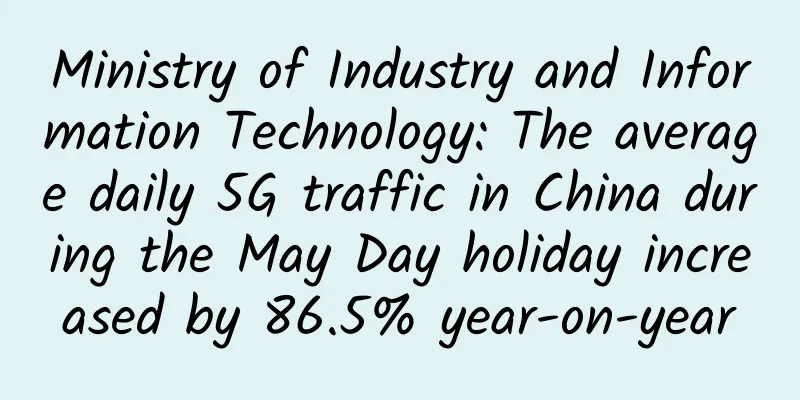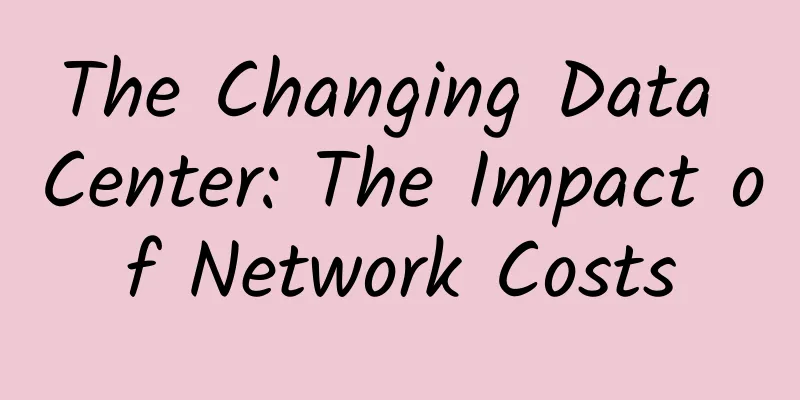Is the neighbor Wang using the internet for free? This is how you should punish him on the spot

|
Have you ever found yourself always experiencing slowdowns when surfing the Internet at home? Usually when this happens, we start with the signal problem and always think that replacing a wireless router will solve the problem. In fact, we usually ignore the security issues of wireless routers. After the first setup of the wireless router at home, it is placed in a corner and left to "collect dust". It is rarely managed and maintained, which gives people with ulterior motives an opportunity to take advantage of it.
Have you ever cared about the security of wireless routers? Freeloading is a very contradictory word. Most people want to see if there is any open WiFi around them when there is no wireless network, but they don't want others to freeload their wireless network. In most cases, we are not so thorough in protecting our wireless network. Do you usually set your wireless router password as your birthday? Or "12345678", "888888" and other numbers that are easy to guess? Such simple passwords are very easy for freeloaders to crack.
The dark hand is hiding among us After the password of the wireless connection is cracked, our wireless network will be shared with freeloaders. Some freeloaders only perform some network activities that do not occupy much network speed, such as browsing the web and listening to music, which are difficult to detect. They often wait until the real user falls asleep, and then start p2p downloads and other large network traffic activities, occupying the bandwidth resources of the "household owner". In the long run, users will not know that their network has been freeloaded. If users use traffic metering, they can check it through traffic consumption, but for friends who use time metering, it is really difficult to detect. The attacked computer becomes a tool for others The mere occupation of network speed is enough to make people despise freeloaders. Do you still remember the backend management password of your wireless router? Is it "admin"? Yes, freeloaders know it too. They can even invade your wireless router and modify DNS settings, causing users to visit phishing and fake websites without knowing it. In this way, the user's passwords and information will be stolen by freeloaders, resulting in the loss of privacy and property. Quickly change your wireless password and router backend management password! The modification steps are really convenient. Simply setting it to a combination of "English + numbers + symbols" can greatly improve the security of your home wireless router and make it difficult for freeloaders to gain access. |
<<: The hidden business opportunities of public telephone booths
>>: 400G technology development will become clearer in 2017
Recommend
Connecting cloud, data and intelligence, Inspur Network aims to build a fully connected network based on business in 2018
[51CTO.com original article] On August 29, the tw...
5G network speed has shrunk? Q3 saw a year-on-year decline of up to 39%
Recently, Ookla, a network connection speed testi...
GSA: Global 5G user numbers doubled in Q2, LTE market to decline from 2023
Nearly 800 million of these LTE subscriptions wer...
Omdia Observation: TIP open core network plan is progressing slowly
According to the latest report from market resear...
Five-minute K8S practice - Istio gateway
In the previous issue of k8s-Service Mesh Practic...
Understand 5G-A multi-frequency coordination—“3CC” in one minute
picture Speaking of "3CC", we must ment...
Relax and have fun during the Dragon Boat Festival. WiFi signal must be strong. Here's how to adjust it
[[405404]] During the Dragon Boat Festival holida...
What did Chinese operators show the world at the Winter Olympics?
This Winter Olympics is full of technological con...
Report: Global Private 5G Networks Will Take Enterprises to the Next Level!
A recent analysis by Frost & Sullivan shows ...
Three-minute review! A quick overview of 5G industry development trends in November 2021
After the rapid development in 2020, 2021 is a cr...
Huawei releases four new smart security products to usher in a new era of AI and win-win intelligence
[51CTO.com original article] Recently, Huawei'...
Omdia’s view: 400G is ready as a carrier service
The latest report from market research firm Omdia...
Related steps of network construction and problem solving
The basic process of network construction include...
my country will open 1.4 million 5G base stations by the end of the year
This year is a period of large-scale 5G construct...
It may be too early to claim that 5G package user development has cooled down
[[384501]] The three major operators all released...









